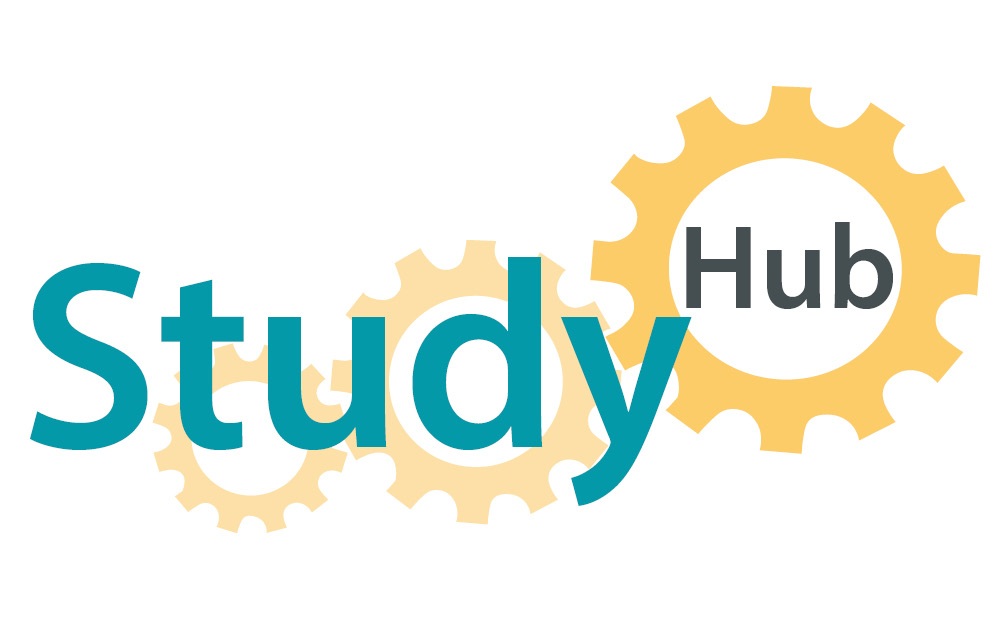Summary
This post was originally written by Fergus in 2022, when he was an undergraduate student in his mid-twenties and an IAD intern. This post is about why he entered university later than usual, his experience, and what he expects for the future.
It occurred late to me that I ought to go to university. I’d left formal education in my mid-teens, but I’d always been interested in the world and learning. So, returning to education was natural. Yet it didn’t dawn on me until, at twenty-one, friends, who had gone to university at the typical age, were finishing their degrees. Happily, at this point, I heard about the University of Edinburgh’s Access Programme.
This initiative is part of the University’s Centre for Open Learning. It provides people who have been out of formal education for at least three years the opportunity to attain entry into an undergraduate degree. The Programme comprises a Humanities course, which features English, History, History of Art, Philosophy, and more, and a Social Science course, featuring Psychology, Economics, and Sociology, among others.
I’m now going into my third year of Philosophy undergraduate, and I’m a summer intern at the University’s Institute for Academic Development. So, overall, my experience as a mature student has been great. I’ve thoroughly enjoyed interacting with the staff and students.
However, there have been challenges associated with being, for the most part, far older than the other undergraduates. For instance, seeing all the proper-age undergraduates at Society events or even hanging around the library can make me feel like an outsider. Like I’m not meant to be here.
But the simple solution is to embrace my own differences. It’s true; I’m typically the odd one out. Yet, this apparent problem can be something positive. As someone different, my perspective is interesting, and I’ve got different ideas and even different skills. So, seeing the issue from a constructive point of view and personally accepting my difference makes a success of the challenge of not being the typical student.
From now on, I’m excited about the second half of my studies and life after undergrad. I’ve been able to select a broad and stimulating range of courses for my third year, and I’m eagerly anticipating a more intimate form of teaching, for example, interacting directly with the professors in seminars.
Beyond undergraduate, I’m open-minded. For instance, I’d be very interested in doing an extension in International Relations or a master’s in Philosophy. And equally, high school teaching or even an industry job would be appealing. However, the crux of my next step will be that the role involves the core skill set I’m acquiring throughout my undergraduate studies: thinking and communicating.
Understanding and developing this skill set has been the gift of my time at the University. Throughout my adolescence, I didn’t know what kind of work I wanted to get into or what type of life I wanted to lead. So, discovering, as a mature student, the path I ought to be on has been a revelation. I’m so grateful to the University and everyone who’s helped me along the way.
At the time, Fergus was a Philosophy student at the University of Edinburgh. His interests were in the history of ideas, from Philosophy and Religion to Politics and Ideology. He worked in Market Research part-time throughout term time. In addition, he went jogging and played football, and enjoyed red wine and people-watching.



